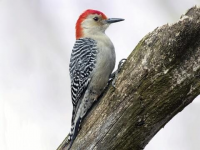MJB
Well-known member
But a loon is a dialect word of long provenance in north-east Scotland for a young man, a young lady being called quine...Ah but loon! You do know that could be construed as offensive because it is an insult towards people with mental health problems. Whereas diver is just an derogatory term for centre forwards with a penchant for amateur dramatics.
David
MJB







